By the end of September 2025, the Provincial General Hospital recorded 1,370 births, of which 957 were normal births and 413 were cesarean sections. According to obstetricians, normal birth is still the safest and most natural method, helping mothers recover quickly and have fewer postpartum complications.
Before discharge, the doctors, nurses and midwives of the Obstetrics and Gynecology Department (Provincial General Hospital) have promoted and instructed mothers to have a post-natal check-up, usually around 6 weeks or earlier when there are signs of abnormalities. However, in reality, the rate of check-ups is still low, especially among ethnic minority women. The main reasons are low awareness of post-natal health care, reluctance to go to the doctor, difficult travel conditions and often only going to the doctor when there are obvious abnormalities, causing serious consequences.

Medical staff propagate and instruct pregnant women and their families on how to take care of their health before, during and after birth.
Having just welcomed her baby 3 days ago, Ms. Dang Chau Anh (in group 11, Tan Phong ward) shared: "I have given birth naturally twice. After giving birth, I breastfed my baby directly and was instructed by the doctor on how to properly care for my baby."
After giving birth, women who give birth naturally can be discharged after 3 days, while women who give birth by cesarean section need to stay in the hospital for 5-7 days to monitor their health. However, the mother's recovery does not stop at the time of inpatient treatment, but also requires a long-term care and adaptation process after returning home.
Recalling the cesarean section of her first child, Ms. Tan Kim Ngan in Rung Oi Kheo Thau village (Ta Leng commune) still cannot forget the difficult post-partum recovery period: “I had a cesarean section for the first time because the pregnancy was 3 days later than expected, the baby had an umbilical cord wrapped around its neck and my cervix was thin, so the doctor ordered a cesarean section. The surgery went smoothly, and both mother and child were safe. After giving birth, the incision was painful, so the doctor gave me painkillers. When I was discharged from the hospital, I followed the instructions, kept the incision area clean, monitored the drying and healing process, and then felt secure to return to normal activities.”
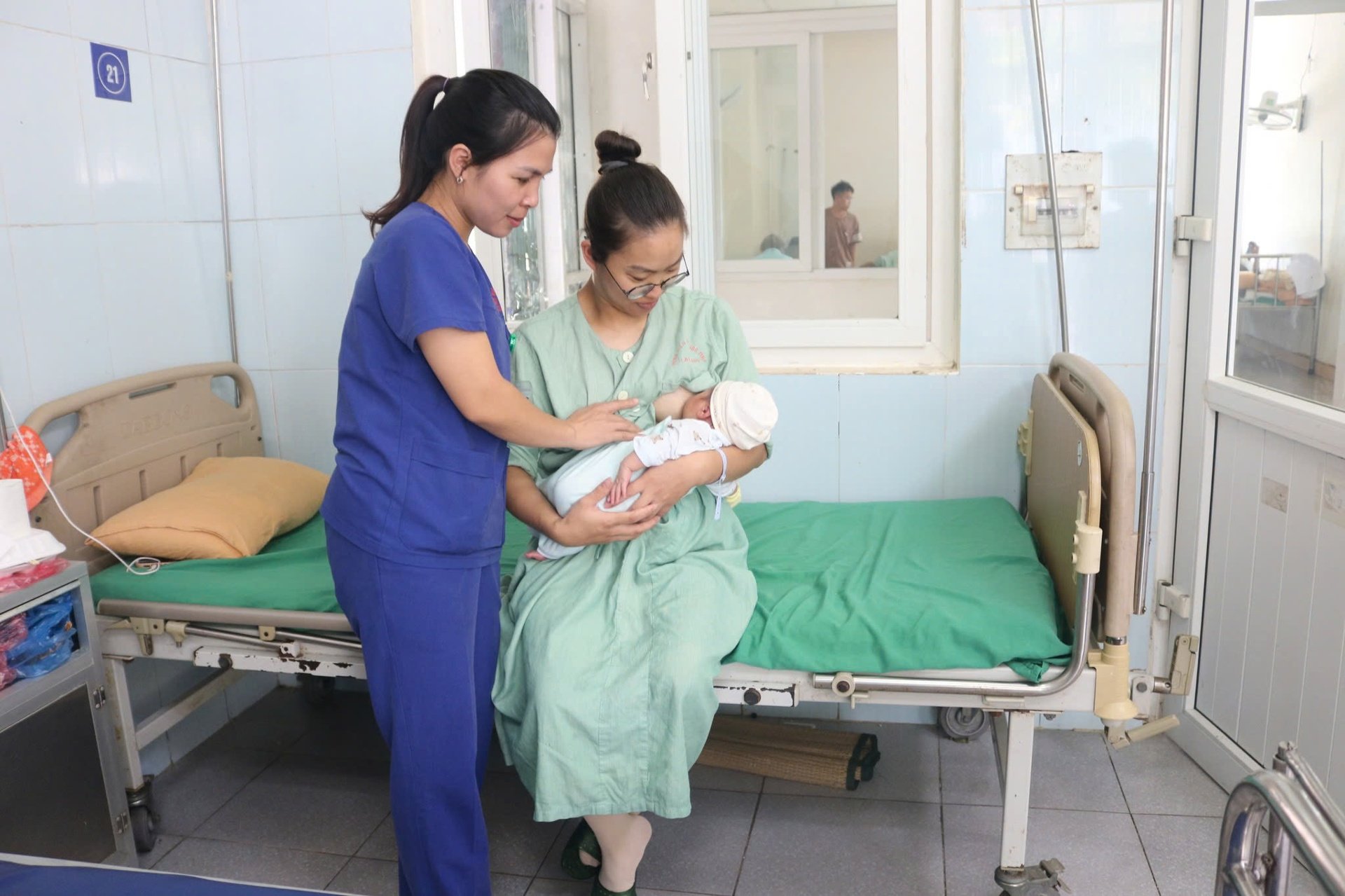
Midwives guide mothers on how to breastfeed properly.
Postpartum complications are not just a particular mother's nightmare. If the early signs such as mild fever, smelly lochia, chest pain, fatigue or sleep disorders are ignored, the mother may face many dangerous postpartum complications, including: late postpartum hemorrhage, retained placenta - retained placenta membrane, postpartum infection, thyroid disorders, and even postpartum depression. These are all complications that affect health, and if not detected and treated promptly, can cause infertility and death.
The failure of the uterus to contract after birth is considered one of the causes that can lead to postpartum hemorrhage - the leading dangerous complication in the postpartum period. In this case, the doctor will perform essential postpartum care steps such as: closely monitoring the condition of uterine contraction, controlling the amount of lochia, massaging the uterine fundus and breastfeeding early to stimulate the secretion of oxytocin hormone, helping the uterus to contract well, limiting hemorrhage and supporting the mother's recovery process. Therefore, to prevent postpartum complications, mothers need to be closely monitored for their health after giving birth, follow the instructions of medical staff, rest properly and have regular check-ups.
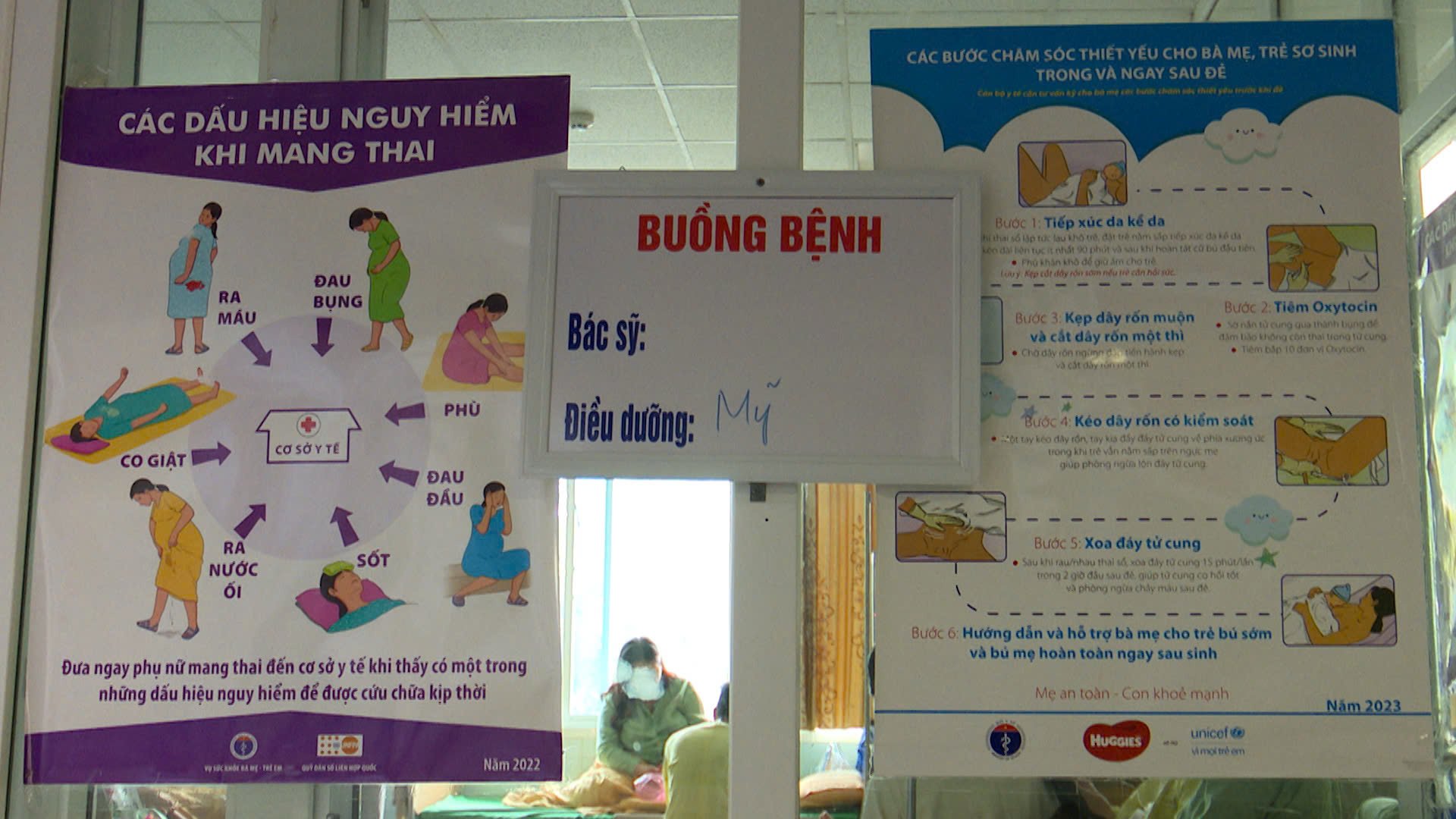
The maternal and child health care guide is publicly posted.
According to the recommendation of Doctor CKI Le Van Dung - Deputy Head of the Department of Obstetrics and Gynecology (Provincial General Hospital): "Women after giving birth should have a check-up after 1 week, after 6 weeks, and immediately if there are any unusual signs of both mother and child. The nutritional regimen during this time needs to be full of protein, iron, calcium, vitamins, etc. to help the mother quickly recover her health and ensure milk supply for her child. It is necessary to pay attention to post-partum wound care. For cesarean sections, it is necessary to keep the incision clean, dry, and monitor for signs of infection."
In addition to physical care, mothers also need to be cared for mentally, paying attention to signs of postpartum depression such as: prolonged sadness, fatigue, difficulty bonding with the child or people around. At the same time, women should breastfeed their babies exclusively for the first 6 months and breastfeed on demand. This is not only good for the child's health but also helps the mother recover quickly and reduces the risk of postpartum depression.
Source: https://baolaichau.vn/y-te/tai-kham-sau-sinh-de-nhan-biet-som-giam-nguy-co-mac-benh-hau-san-1054959



![[Photo] Prime Minister Pham Minh Chinh and South African President Matamela Cyril Ramaphosa attend the business forum](https://vphoto.vietnam.vn/thumb/1200x675/vietnam/resource/IMAGE/2025/10/24/1761302295638_dsc-0409-jpg.webp)
![[Photo] President Luong Cuong chaired the welcoming ceremony and held talks with United Nations Secretary-General Antonio Guterres](https://vphoto.vietnam.vn/thumb/1200x675/vietnam/resource/IMAGE/2025/10/24/1761304699186_ndo_br_1-jpg.webp)
![[Photo] Prime Minister Pham Minh Chinh chairs conference on breakthrough solutions for social housing development](https://vphoto.vietnam.vn/thumb/1200x675/vietnam/resource/IMAGE/2025/10/24/1761294193033_dsc-0146-7834-jpg.webp)

![[Photo] Solemn funeral of former Vice Chairman of the Council of Ministers Tran Phuong](https://vphoto.vietnam.vn/thumb/1200x675/vietnam/resource/IMAGE/2025/10/24/1761295093441_tang-le-tran-phuong-1998-4576-jpg.webp)


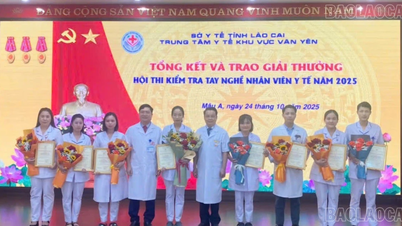















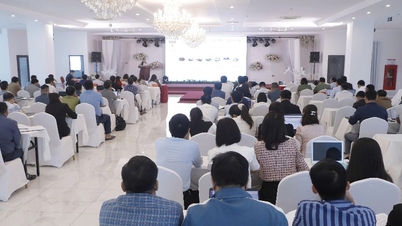






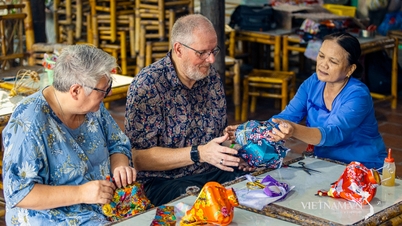
































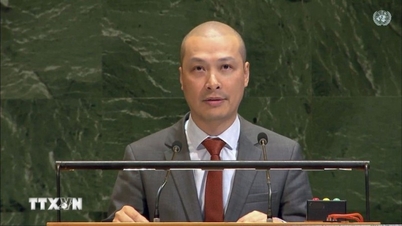










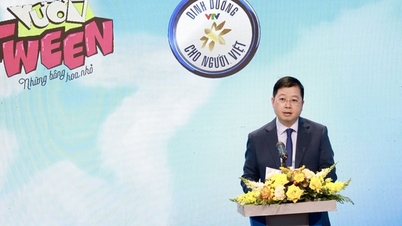






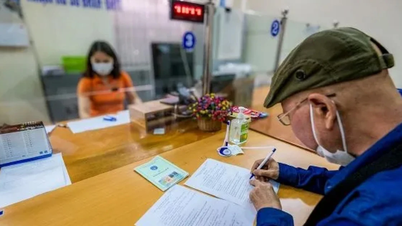
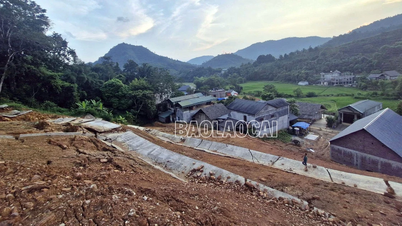

















Comment (0)